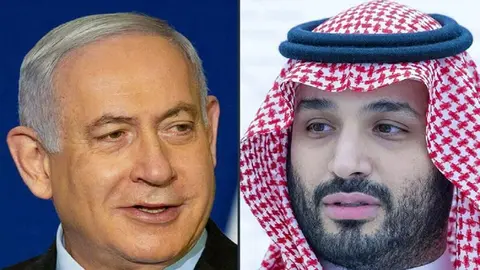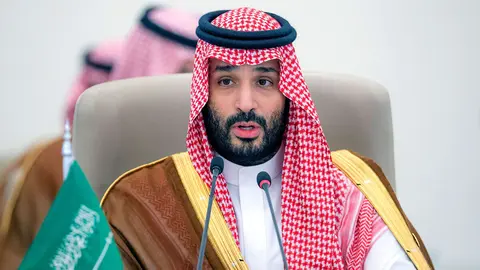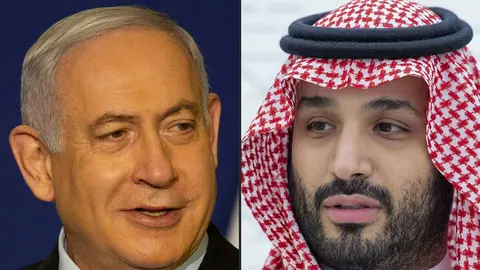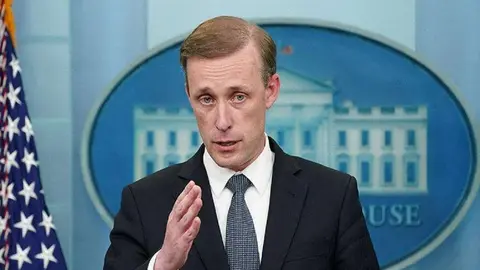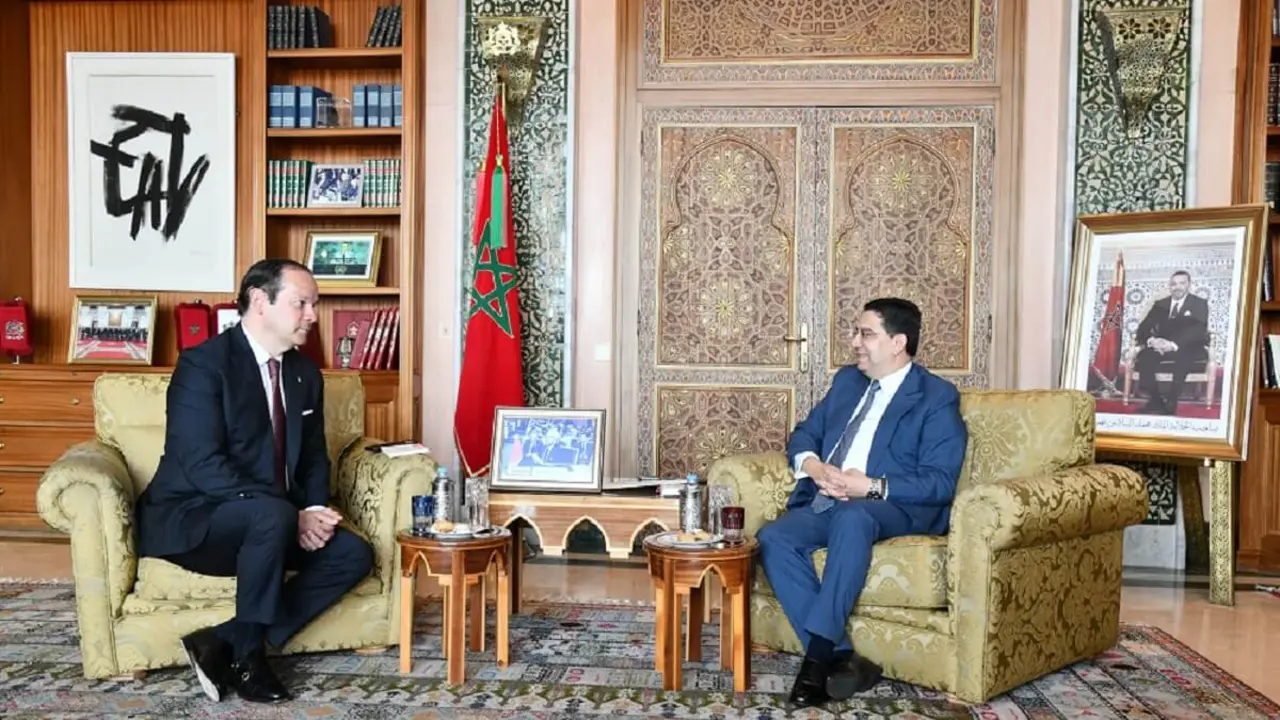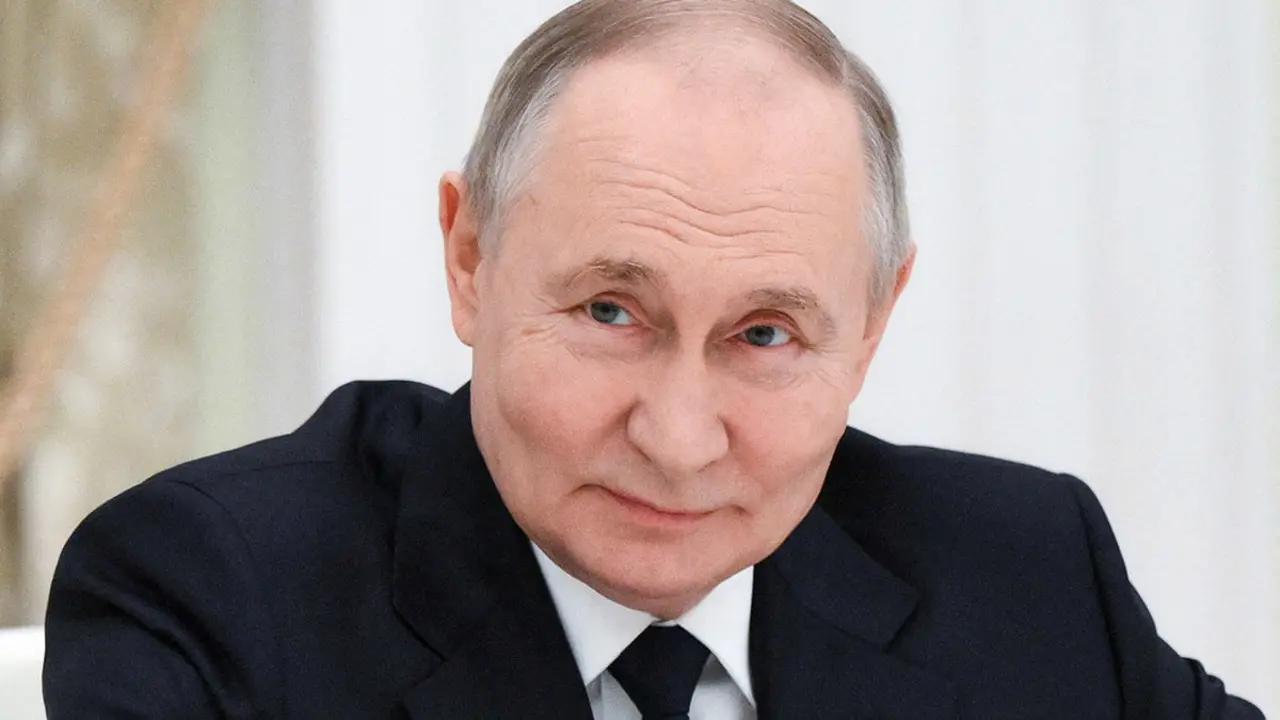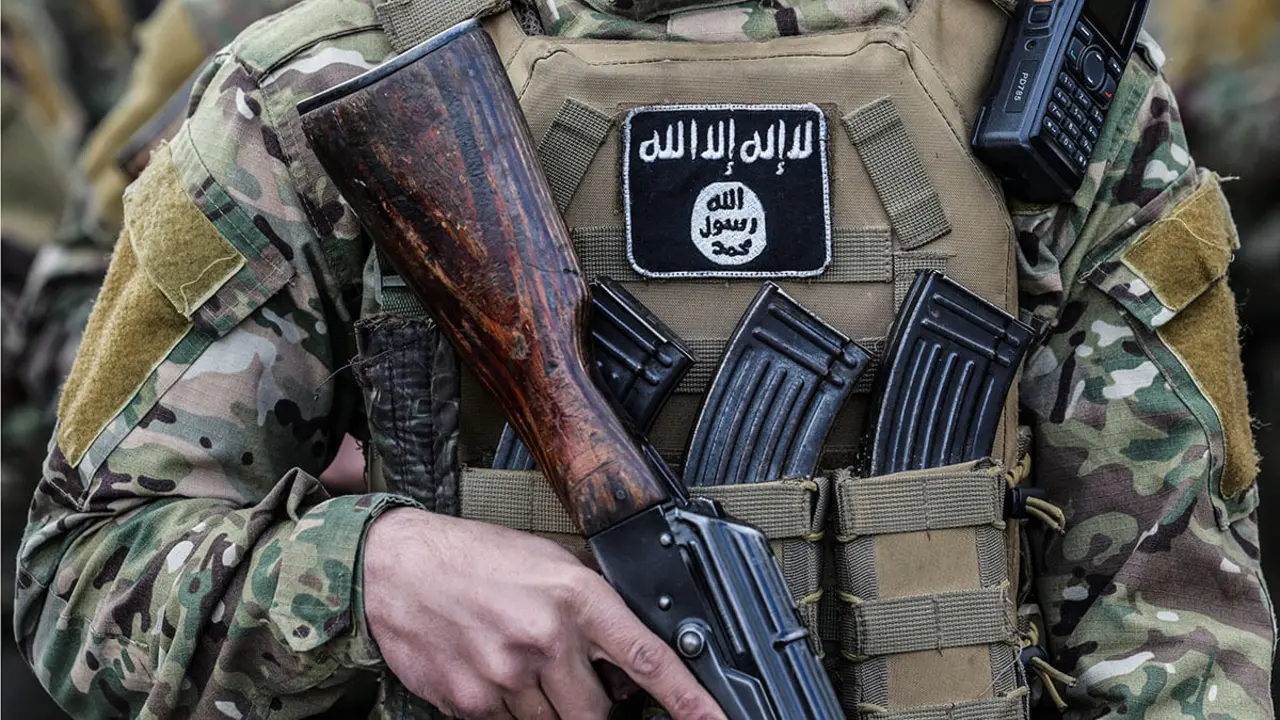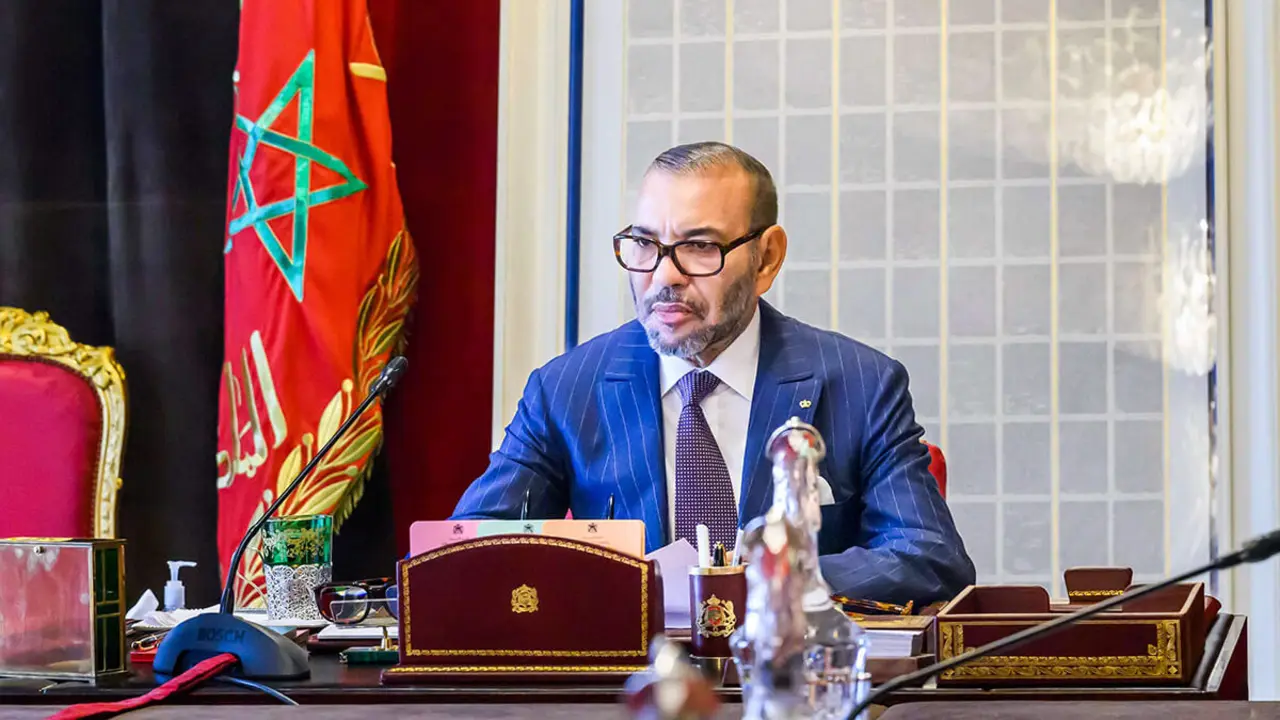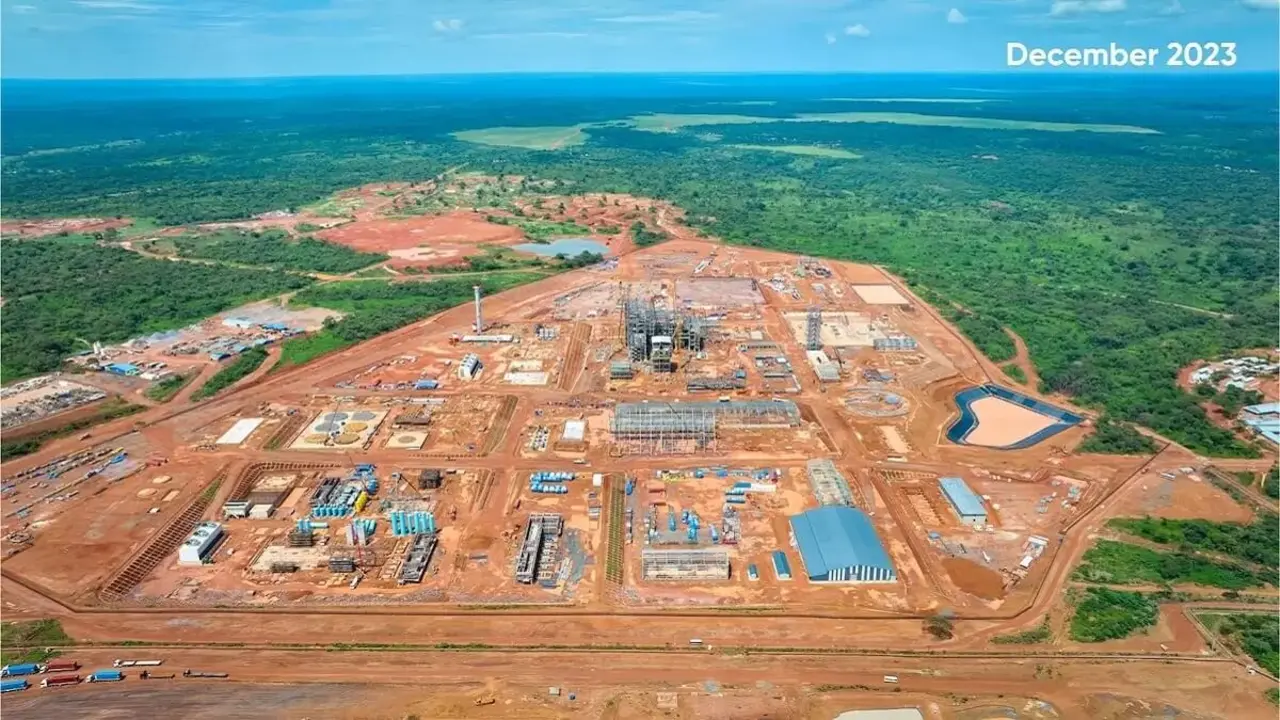Saudi Arabia appoints first-ever consul to Jerusalem

For the first time, Saudi Arabia has appointed an extraordinary non-resident ambassador to Palestine, who will also serve as consul in Jerusalem. As announced by the Kingdom's Ministry of Foreign Affairs, Nayef al Sudairi - the current Saudi ambassador to Jordan - handed over a copy of his credentials as ambassador extraordinary to Palestine to Majdi al Jalidi, Palestinian President Mahmoud Abbas's adviser for diplomatic affairs.
Saudi Arabia announced that #Saudi Foreign Ministry official, Nayef al-Sudairi, its current ambassador to #Jordan, will serve as ambassador to #Palestine and consul general in #AlQuds / #Jerusalem pic.twitter.com/mSKlVZF1a2
— ARABIA POST (@ArabiaPost) August 12, 2023
This appointment represents "an important step" that reflects the desire of King Salman and Crown Prince Mohammed bin Salman "to strengthen relations with the brothers of the State of Palestine and give it a formal boost in all areas", as Al Sudairi explained in statements reported by the Saudi channel Al Ekhbariya. On the other hand, according to the Saudi news agency SPA, this decision seeks to "strengthen and promote bilateral ties in various areas".
Although Al Sudairi will continue to operate from Amman, the Palestinian authorities consider this move a diplomatic victory. As The Jerusalem Post recalls, Saudi Arabia is the fourth Arab country to appoint an ambassador to Palestine after Egypt, Jordan and Morocco.
The announcement comes amid increasing US efforts to achieve diplomatic normalisation between Saudi Arabia and Israel. For months, senior US officials have travelled to the Kingdom with the aim of pushing for diplomatic ties between the two countries.

"Negotiating a normalisation agreement would strengthen US-Saudi relations and shield the US presence from China's growing influence in the region," Valeria Scuto, senior analyst for the Middle East and North Africa at Sibylline, tells Atalayar. Similarly, an agreement between Riyadh and Jerusalem would be "an important regional deterrent against Iran". Domestically, such a milestone would represent a diplomatic achievement for the Biden administration ahead of next year's elections.
However, for this to happen, progress must first be made on the Palestinian issue, as Saudi Arabia has repeatedly stressed. Likewise, the Kingdom expects Israel to make clear commitments that benefit the Palestinians in return for establishing ties with the Jewish state. On the other hand, what the Saudis want from Washington in return for normalisation is support for their civilian nuclear programme, as well as US weaponry and a defence agreement that would protect the Kingdom from threats from Iran.
Although such normalisation would be a major diplomatic achievement for Israel, furthering its integration in the region, many analysts consider a peace deal between Jerusalem and Riyadh with the current Israeli government unlikely. "Saudi Arabia has advocated a two-state solution, but this is something that Netanyahu is unable to bring up with his current government, and which, in general, has limited consensus in Israeli political spheres," notes Scuto. Scuto also notes that "normalisation with Israel remains unpopular with Saudi public opinion".
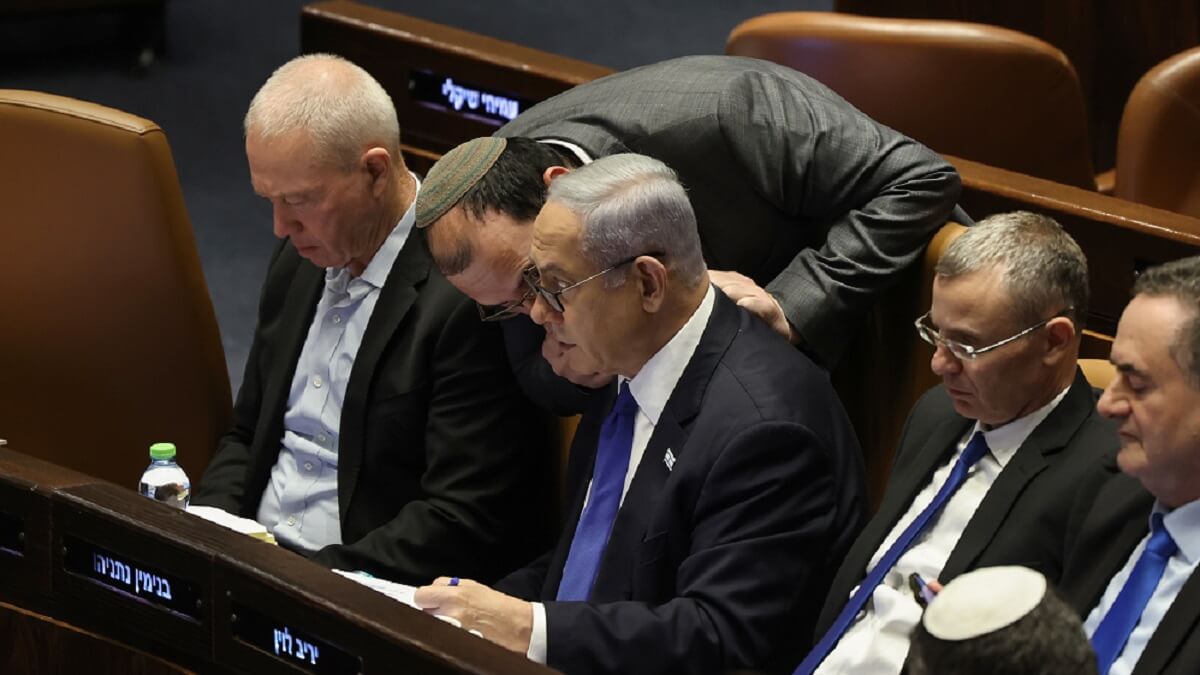
Israel will not allow the opening of the Saudi diplomatic delegation in Jerusalem
While Ramallah is celebrating the appointment of the Saudi consul for Palestine, the Israeli government has already made a statement on this move, assuring that it will not allow the opening of any diplomatic representation for the Palestinians in Jerusalem.
Israeli Foreign Minister Eli Cohen said this during an interview on 103 FM. "They have not coordinated anything with us, but we will not allow the opening of the diplomatic mission," he stressed. The head of Israeli diplomacy also stressed that this move by Saudi Arabia is intended to send a message to the Palestinians that the Kingdom "has not forgotten them".

